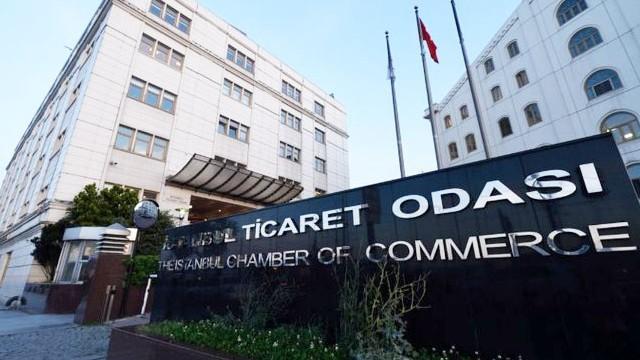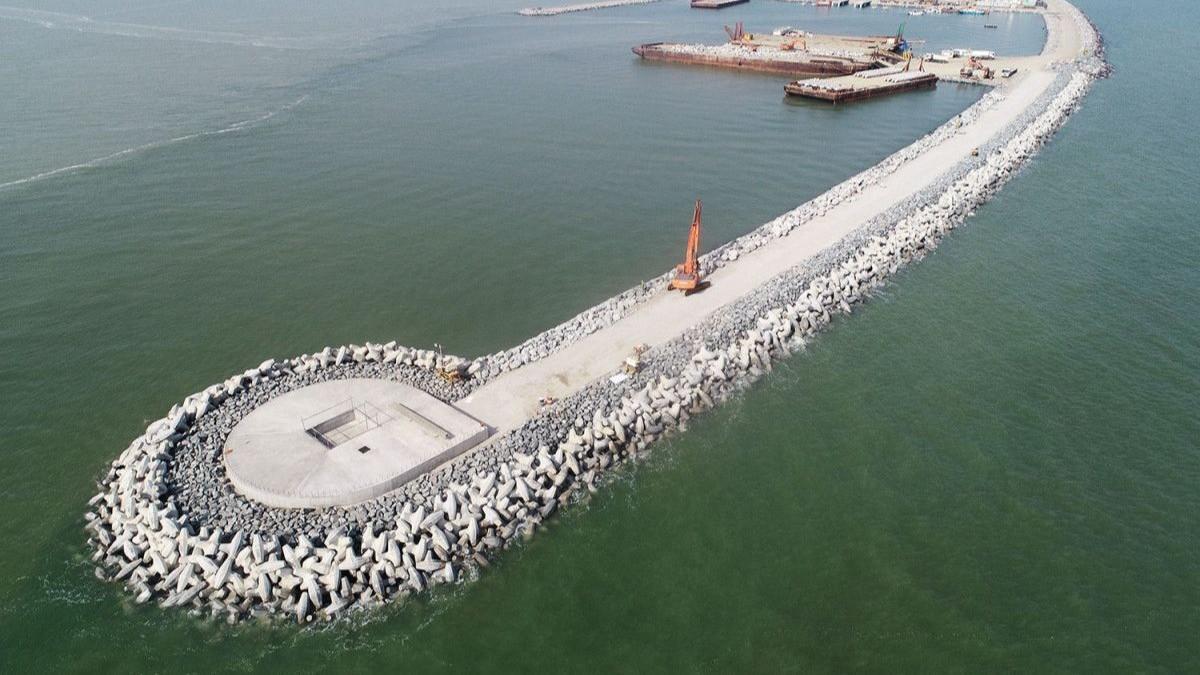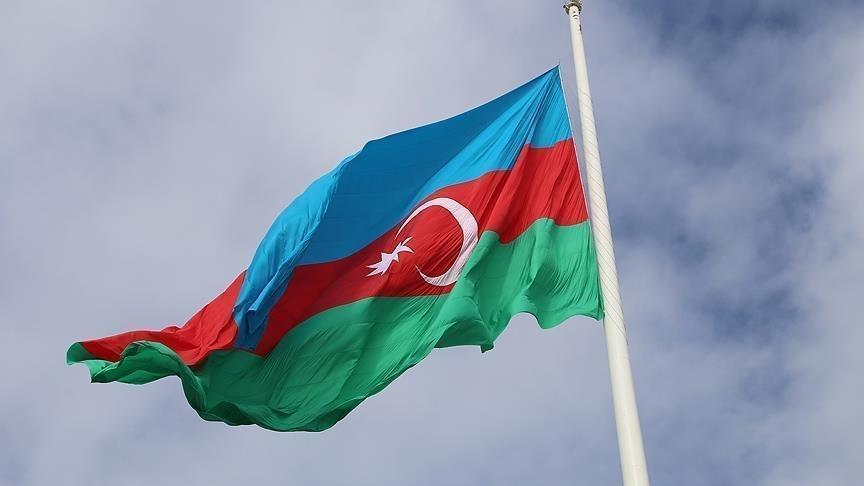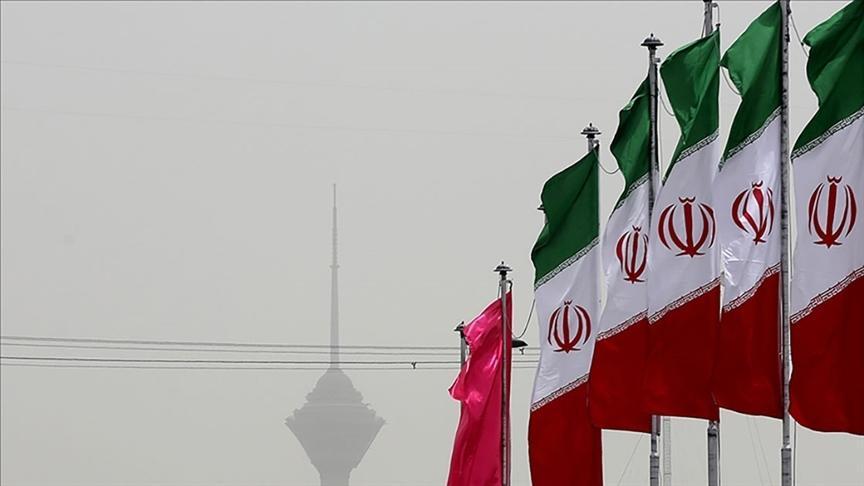Bulgaria goes to polls amid row with Turkey
SOFIA/EDIRNE
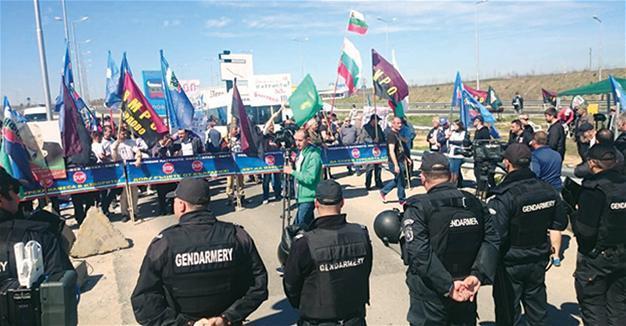 Bulgaria head’s to a parliamentary election on March 26 amid a row over with Turkey over a new party representing Bulgaria’s Turkish minority and protests aiming to prevent dual citizenship holders from Turkey casting their vote.
Bulgaria head’s to a parliamentary election on March 26 amid a row over with Turkey over a new party representing Bulgaria’s Turkish minority and protests aiming to prevent dual citizenship holders from Turkey casting their vote. The election is expected to be a close race between the Socialists, seen as closer to Russia, and the center-right. A new grouping of nationalist “patriots” is tipped to come third.
Forming a government after the third election in four years in the European Union’s poorest country will be tough, and experts say the resulting coalition may be short-lived.
The election comes as Bulgarian nationalists blocked the three main crossing points with Turkey on March 24 to prevent thousands of Turks with Bulgarian passports coming to vote in the elections.
The protests mark a further escalation of a spat between EU member Bulgaria and its neighbor Turkey over Ankara’s open support for a new party representing Bulgaria’s Turkish minority.
About 50 protesters gathered at Kapitan Andreevo, the main checkpoint, with banners reading “Bulgaria above everything!” and “No to Turkish interference!” as loudspeakers blared patriotic songs, an AFP photographer said.
“We will remain here day and night to preserve the sovereignty of our homeland,” protest organizer Valeri Simeonov from the United Patriots nationalist coalition told AFP from the checkpoint.
Bulgaria is home to a 700,000-strong Muslim minority, most of them ethnic Turks, while at least 200,000 ethnic Turks with Bulgarian passports live in Turkey.
Traditionally they have voted for the centrist Movement for Rights and Freedoms (MDL) but the party has become increasingly critical of the Turkish government. Most of the party members are of Turkish origin.
Last year a group split off and formed a new party, Dost, which openly backs Ankara. Turkish officials, including Turkey’s ambassador to Bulgaria, have also openly voiced their support for it.
Last week, Bulgaria’s caretaker government summoned Turkey’s envoy to Sofia and also recalled its ambassador to Turkey for consultations.
Bulgarian Prime Minister Ognyan Gerdzhikov said this was to “prevent any attempts by Turkey to influence an election.”
Sofia has complained about Turkish meddling, and in the latest angry exchange on March 23 Turkish President Recep Tayyip Erdoğan accused Bulgaria of putting “serious pressure” on Turks ahead of the vote.
Bulgarian President Rumen Radev said “Bulgaria neither gives nor accepts lessons in democracy, especially from countries that do not respect the rule of law.”



